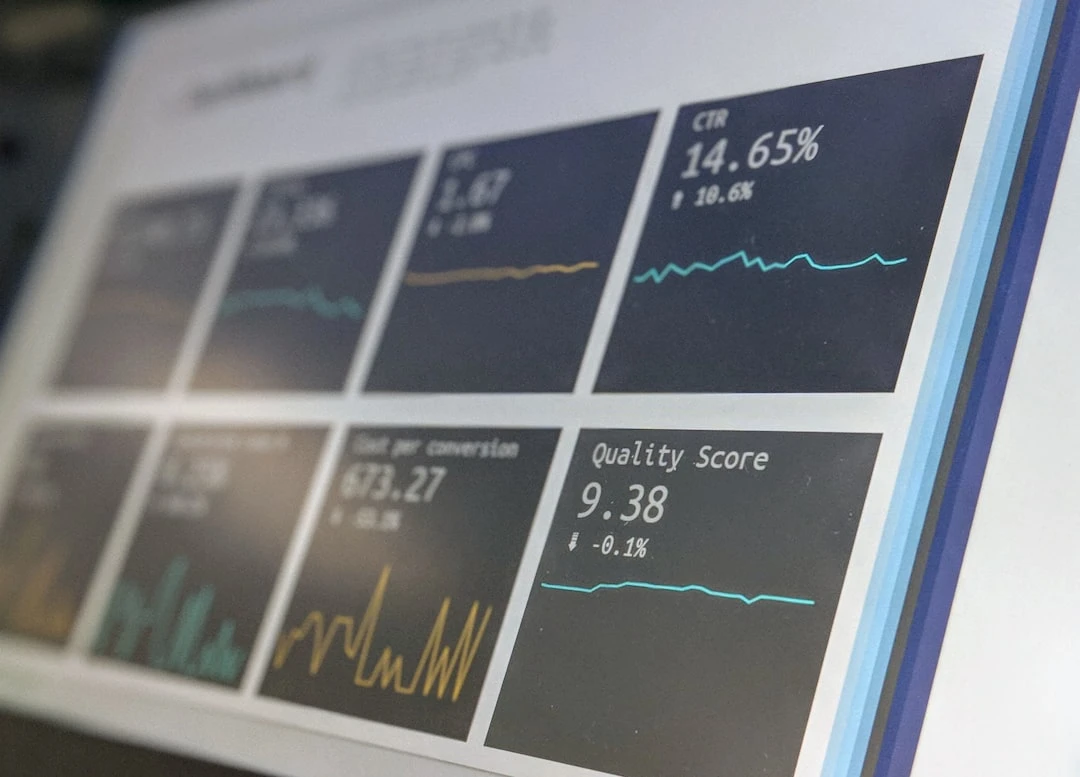Notary Fee and State Fee – Who Pays and How Much?

Buying real estate is the biggest financial decision in most people's lives. In addition to the price of the property itself, you need to take into account several additional fees, the most important of which are notary fees and state fees. In 2025, understanding these costs is particularly important, as it allows you to plan your budget more accurately and avoid unpleasant surprises at the end of the transaction.
Imagine you're playing chess – notary fees and state fees are those small but important moves that can significantly affect the outcome of the game. Similarly, these costs can affect the final price of your real estate transaction.
What notary and state fees arise when buying real estate?
When buying real estate, you need to account for the following notary and state fees:
Notary fee – the fee charged for certifying the real estate purchase and sale agreement
State fee for registering in the land register – the fee that ensures official registration of ownership rights
Mortgage establishment fee – if you take out a home loan, the fee paid to the notary for establishing the mortgage
State fee for registering the mortgage in the land register – the fee for registering the mortgage
These fees may seem small compared to the price of the property, but in total they can amount to a significant sum, which you should definitely account for in your budget.
How is the notary fee calculated in 2025?
For real estate transactions, the notary fee is not calculated based on the time spent preparing and conducting the transaction, which means hourly billing is not applied.
Real estate transactions fall under fees dependent on the transaction value. The transaction value is the price of the property that the persons requesting the transaction have stated at the time of the transaction.
If the persons requesting the transaction cannot determine a price for the property or the price appears unusually low, for example to seemingly save on notary fees, the transaction value is based on information obtained from other sources (such as the property tax value, mortgage amount, insurance sum, etc.).
The fee is calculated based on the table provided in the law, but it must be taken into account that the amount shown in the table is the fee for unilateral transactions (for example, the fee for an application to withdraw from a real estate purchase agreement), and for multilateral transactions (all real estate purchase agreements), the amount shown in the table must be multiplied by two.
In addition to the transaction value, the notary fee must include the fee for canceling, establishing, or transferring a mortgage. The fee related to the mortgage is paid by the person who requests the entry. When establishing and canceling a mortgage, the transaction value is 2/3 of the mortgage amount.
The notary fee is not determined as a fixed percentage of the transaction value and decreases proportionally: the larger the transaction value, the smaller the percentage of it the notary fee represents. The notary fee transaction value table can be found in section 22 of part 3 of the Notary Fee Act. Value added tax is added to all amounts in the law.
The transaction value fee and fees related to the mortgage make up the majority of the notary fee. Some smaller amounts may be added, such as a fee for certifying a transaction if the transaction is conducted online through remote certification.
Who pays the notary fee?
If there are multiple parties to a transaction, the law does not specify which of them is obligated to pay the notary fee. According to the law, it must be paid by the person requesting the transaction, meaning for a multilateral transaction, all participants in the transaction are the requestors. A good practice has developed where the costs associated with the sale transaction are paid by the buyer and seller in equal shares, or in a 50/50 ratio.
Mortgage establishment and registration fees
If you buy real estate with a home loan, additional fees arise:
Mortgage establishment fee
State fee for registering the mortgage in the land register
If the establishment or cancellation of a mortgage is necessary only for one party, that party bears the cost. However, if, for example, a mortgage is transferred to the buyer, the fee is generally split in half.
Such a division is provided for by good practice. Nevertheless, from time to time there are transactions where the parties have agreed that the fee is paid in full by either only the buyer or only the seller. This is because sometimes the notary fee is indirectly part of the real estate transaction. This option can occur when, for example, the seller makes a larger discount but expects the buyer to pay the full notary fee in return.

How to reduce costs?
Although notary fees and state fees are established by law, you can reduce their impact on your budget with a few simple strategies:
Negotiations – Try to agree with the seller on the distribution of fees, especially if the seller is in a situation where they want to complete the transaction quickly.
Pre-purchase real estate inspection – Conduct a thorough pre-purchase real estate inspection to avoid additional costs later due to potential hidden problems. By discovering deficiencies before the transaction, you can use them in price negotiations or even decide to abandon the transaction if the costs would exceed your budget.
Comparing loan offers – Different banks may have different conditions for mortgage establishment. Compare the best home loan offers to find the most favorable option.
Summary
When buying real estate, keep in mind that in addition to the price of the property, notary fees and state fees are added. Kinnisvara24 always recommends consulting with professionals and comparing different offers to find the solution that best suits your needs. We are here to help you find your dream home or real estate suitable for investment.



